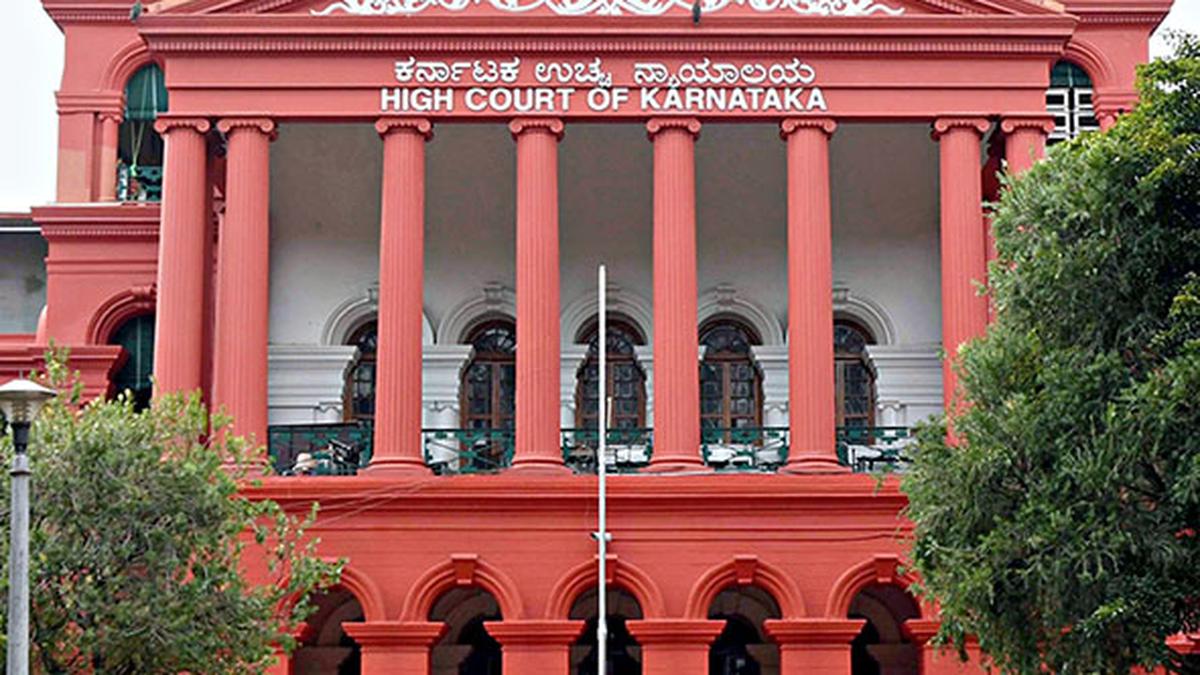Karnataka Social and Educational Survey: Data collection violates right to privacy, claims petitioner; Commission says no compulsion to disclose information
By Rajya Vokkaliga Sangha
Copyright thehindu

The linking of caste particulars with Aadhaar, ration cards, electricity RR numbers, mobile numbers, and geo-tagging of households as part of the Social and Educational Survey, being conducted by the State government through the Karnataka State Commission for Backward Classes, violates the fundamental right to privacy under Article 21, it was argued before the High Court of Karnataka on Tuesday (September 23, 2025).
However, the Commission informed the Court that there is no compulsion on people to disclose information to the enumerators during the survey.
These submissions were made before a division bench comprising Chief Justice Vibhu Bakhru and Justice C.M. Joshi during the hearing on a batch of petitions, which have questioned the legality of the survey, on the issue of plea of the petitioners to stay the survey till the court decides the petitions finally.
“The data collected is stored digitally and can be hacked or leaked, or published without the knowledge of the person concerned and the Government Order reveals that the State intends to geo-tag each household, assign a Unique Household ID, and link caste particulars with Aadhaar numbers, ration cards, mobile numbers, and electricity (RR) connections, all without the backing of any specific legislation,” it was argued.
Unlike the Census Act, 1948, which provides for purpose limitation, confidentiality, data retention norms, and penal consequences for misuse, the impugned State process is purely executive, lacking statutory safeguards, it has been contended on behalf of the petitioners while claiming that digitally collected data cannot be reversed.
Government’s claim
However, the State government has contended that it is “not a caste census”, while terming the claim of the petitioners as “mis-characterisation” of the survey. It was argued that the State government is collecting data only to identify the eligible persons to provide benefits under various schemes and it cannot be denied such a right under federal system.
Meanwhile, the Commission’s advocate told the bench that Aadhaar cards are being used only to identify the persons and the Commission is not collecting any data from their Aadhaar. To a query by the bench, the Commission’s advocate said that there is no compulsion on the people to disclose the information during the present survey unlike during the general census.
As the arguments remained inconclusive, the bench adjourned further hearing till September 24.
The petitioners have mainly contended that the proposed survey amounted to “caste census”, which fell exclusively within the domain of the Union government under the provisions of the Constitution of India, and that the State government lacked legislative or executive competence to conduct the exercise.
The petitioners have also alleged that the State government has embarked on “caste census”, which the State government is not authorised to undertake as per the constitutional provisions, in the guise of social and educational survey.
The petitioners
The petitions were filed by Rajya Vokkaliga Sangha, Akhila Karnataka Brahmana Mahasabha, Uday Shankar B.R. and eight other members of the Akhila Karnataka Veerashaiva-Lingyata Mahasabha of Karnataka, advocate K.N. Subba Reddy, and three others from the Vokkaliga community, among others.